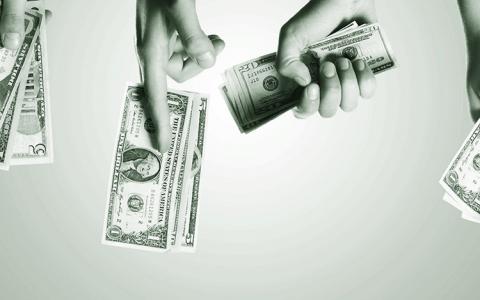
It’s tough to be a bond investor when the ten-year Treasury note is yielding less than one percent. If you need to put cash to work, then your options are limited to either taking the income hit, accepting more risk, or locking up your money for close to an eternity.
My bigger fear is what will happen to those long maturity bonds when interest rates start creeping up. Even though the Fed recently stated it expects to keep rates low for years, bonds with fixed interest payments fall in price when interest rates go up. And the more distant the maturity, the bigger the price drop. Bond investors used to portfolio values going up as rates trended down should be prepared for bond prices to fall as well. We have no idea when, though.
My dear income investors, there are times to sow and times to reap. As unpleasant as it might feel to supplement lower income with some principal, it might be a better option than reinvesting money into riskier investments. If you were earning four percent on your portfolio and you can only reinvest at a rate of two percent, taking two percent out of principal isn’t that bad of a hit. Think of it as taking profits from capital gains instead of spending principal. Before doing that, though, check with your tax advisor. There are different tax consequences to taking capital gains versus income. It may even work out in your favor.
I’ll give an example of why I’m concerned. When a bond’s interest payments, maturity date and principal repayment are fixed, the only way a current bond paying two percent can trade equivalently to a new bond with four percent interest is by the market price falling. If it doesn’t fall, then no one would buy it. The price will decline enough to make a buyer not care about accepting lower income. If, hypothetically, you own a three percent bond that matures in 10 years for $1,000, that bond would only be worth $925.00 if rates went up by one percent that same day. That’s a decline in principal of 7.5%. Not fun at all.
Those flush with cash are now stuck between a rock and a hard place. Bond yields are low, and stocks are at their highest valuations in years. And here’s the icing on the cake: this can continue for years; arguably, it already has. When Warren Buffett’s company, Berkshire Hathaway, starts buying tech IPOs, as he did with Snowflake (SNOW), you should begin to recognize we’re in strange times indeed. The stranger the times look, the less I like it.
One of the most difficult tasks for investors is to know when to sit on your hands and do just that. Let others try and squeeze the last nickel out of a rising bond market or get paid too little for the risks they take. Excessive cash is usually a drag on performance, but when it comes to bonds, cash is now king.
This article originally appeared on the Herald-Tribune.



